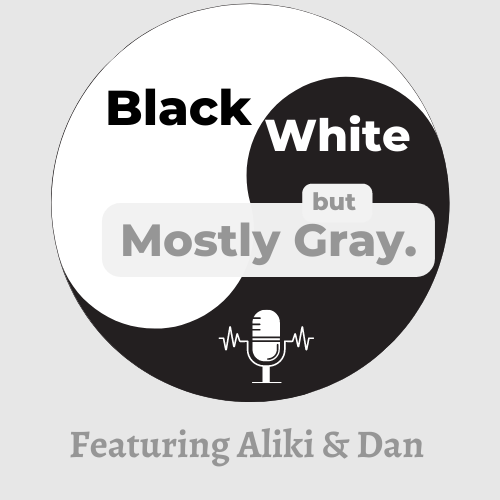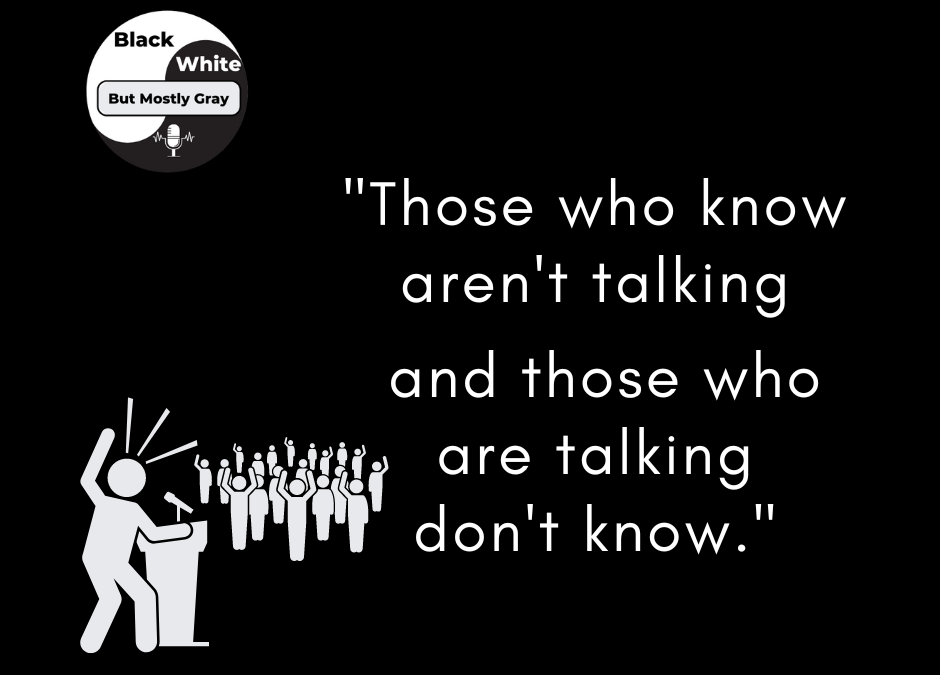“Those who know aren’t talking, and those who are talking don’t know” is a familiar saying in Washington, D.C. It means knowledgeable people don’t feel the need to talk all the time, while ignorant folks offer an opinion on everything. It’s the “paradox of ignorance,” where those with the least genuine insights tend to be the most vocal.
Many on the beltline may not realize it, but the saying originates from Tao Te Ching, Verse 56, “Those who know don’t talk. Those who talk don’t know.” According to the Hari Nam Singh Healing Heart Center, “It suggests that true wisdom is found in silence and experience, rather than in boasting or superficial knowledge. Those who have a deep understanding may choose not to speak about it, as it can be difficult to articulate or may not be fully grasped by others.”
It’s something to think about the next time you see a social media post with highly emotive, or political content. An increasing number of Americans are making important decisions – how to vote in an election or what medical treatment to follow when they’re ill – based on what they read or see on social media. The dangers of relying on sources who really don’t know what they’re talking about can be staggering, according to Kaspersky.com. It creates confusion and misunderstanding about important social and political issues. It undermines trust in legitimate news sources. Fake and misleading stories relating to medical treatments can lead individuals to make misinformed decisions about their health.
As you make decisions this year, may you successfully navigate through the noise and misinformation to make choices that align with your values. And may you find wisdom in the silence.

